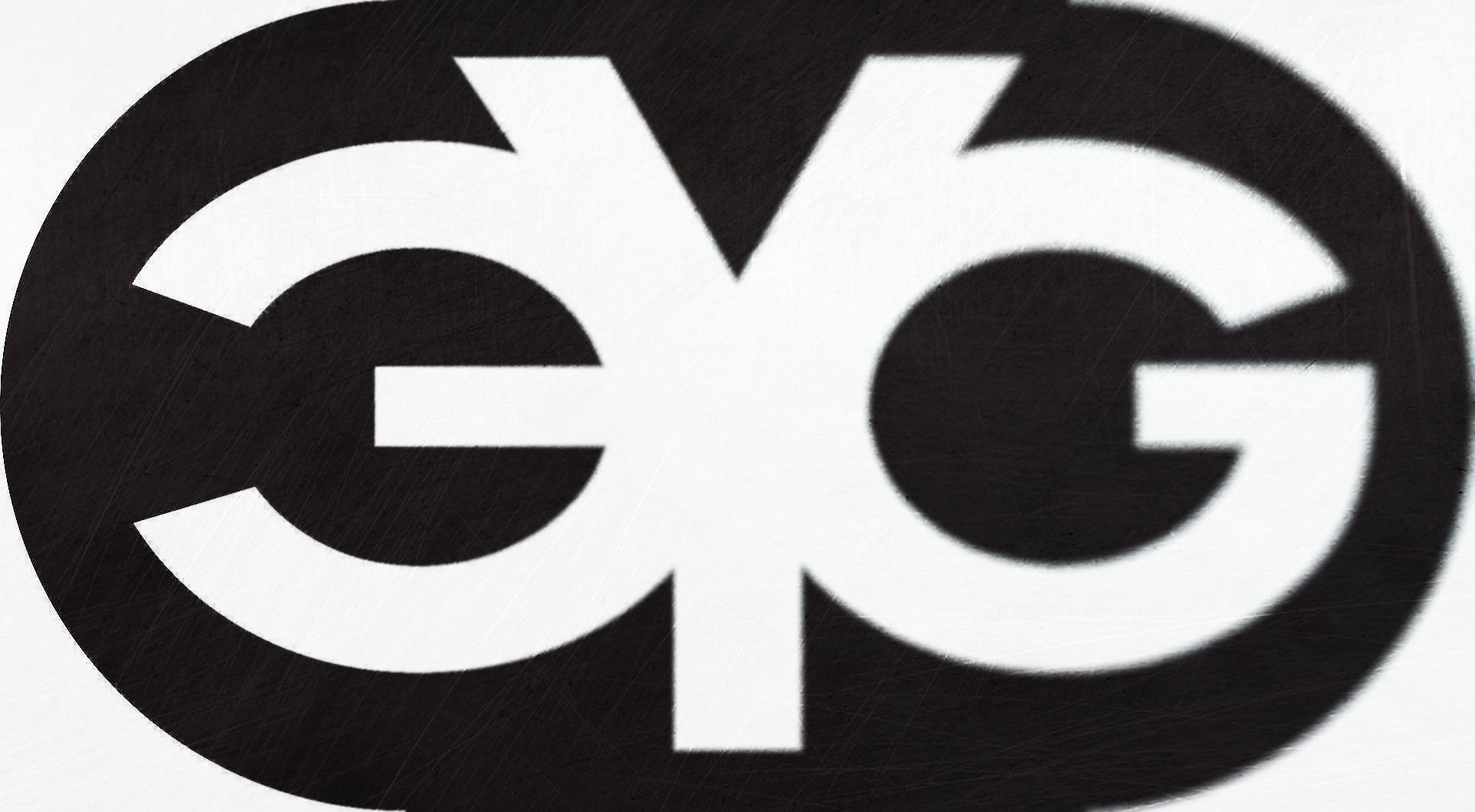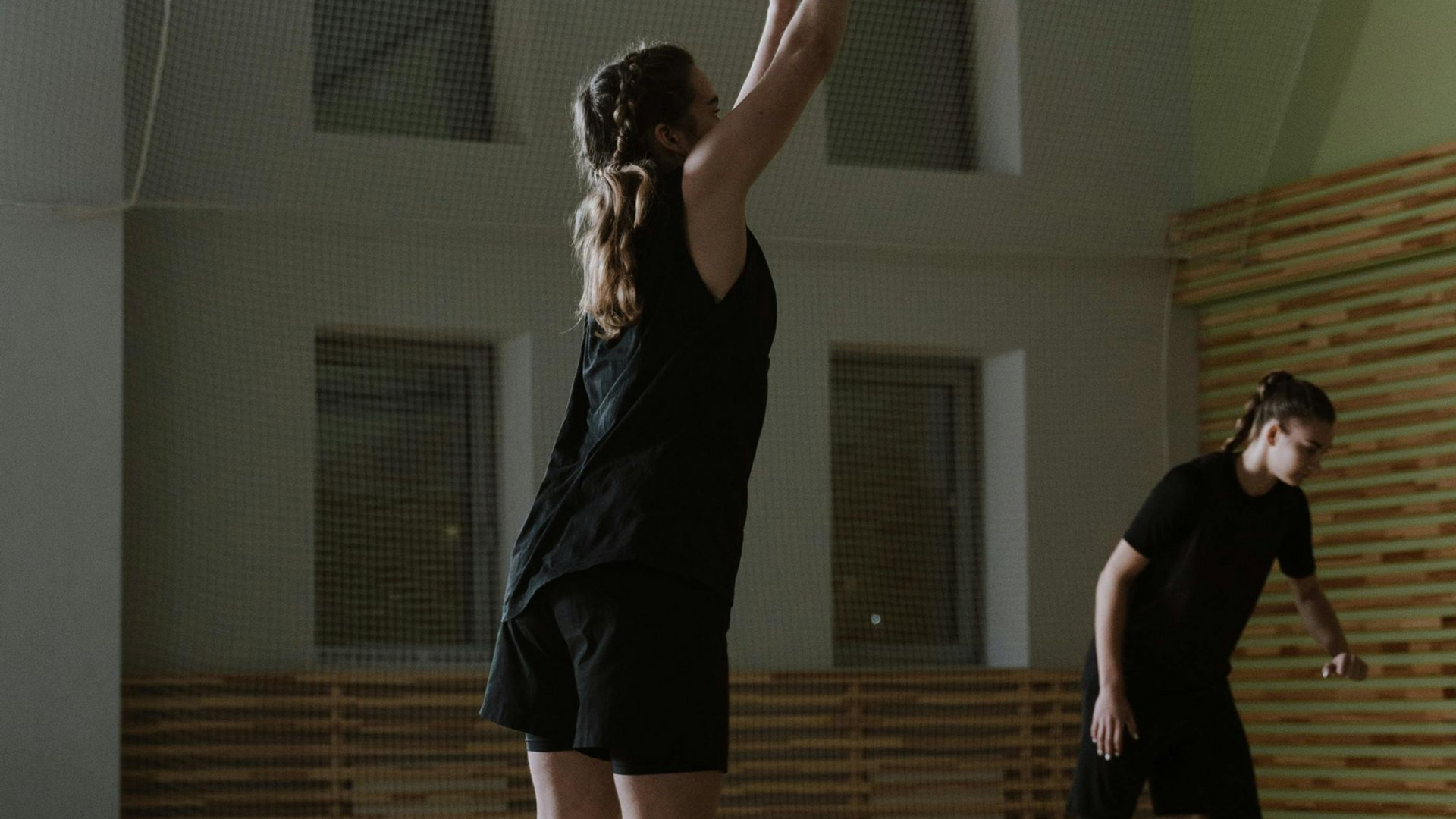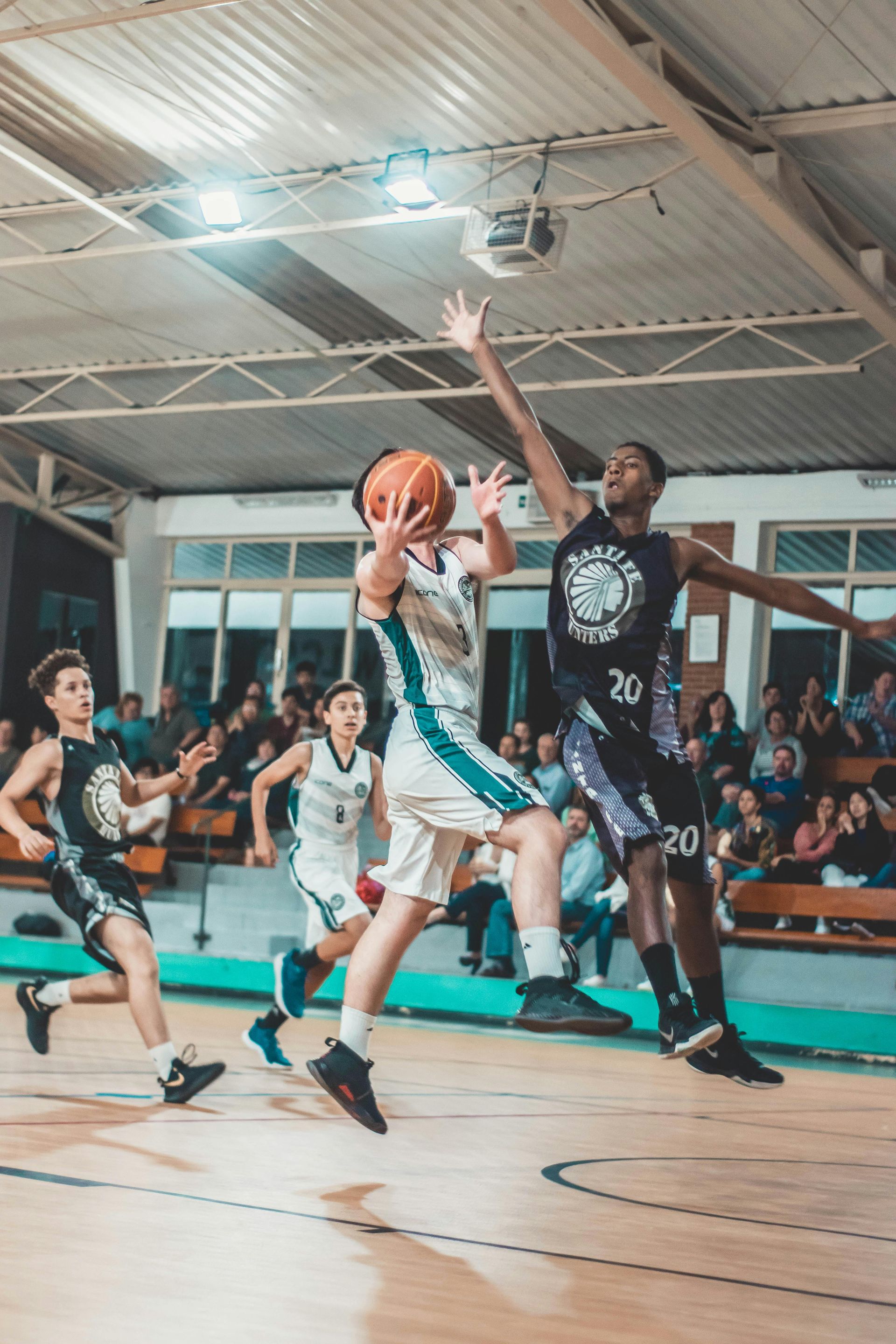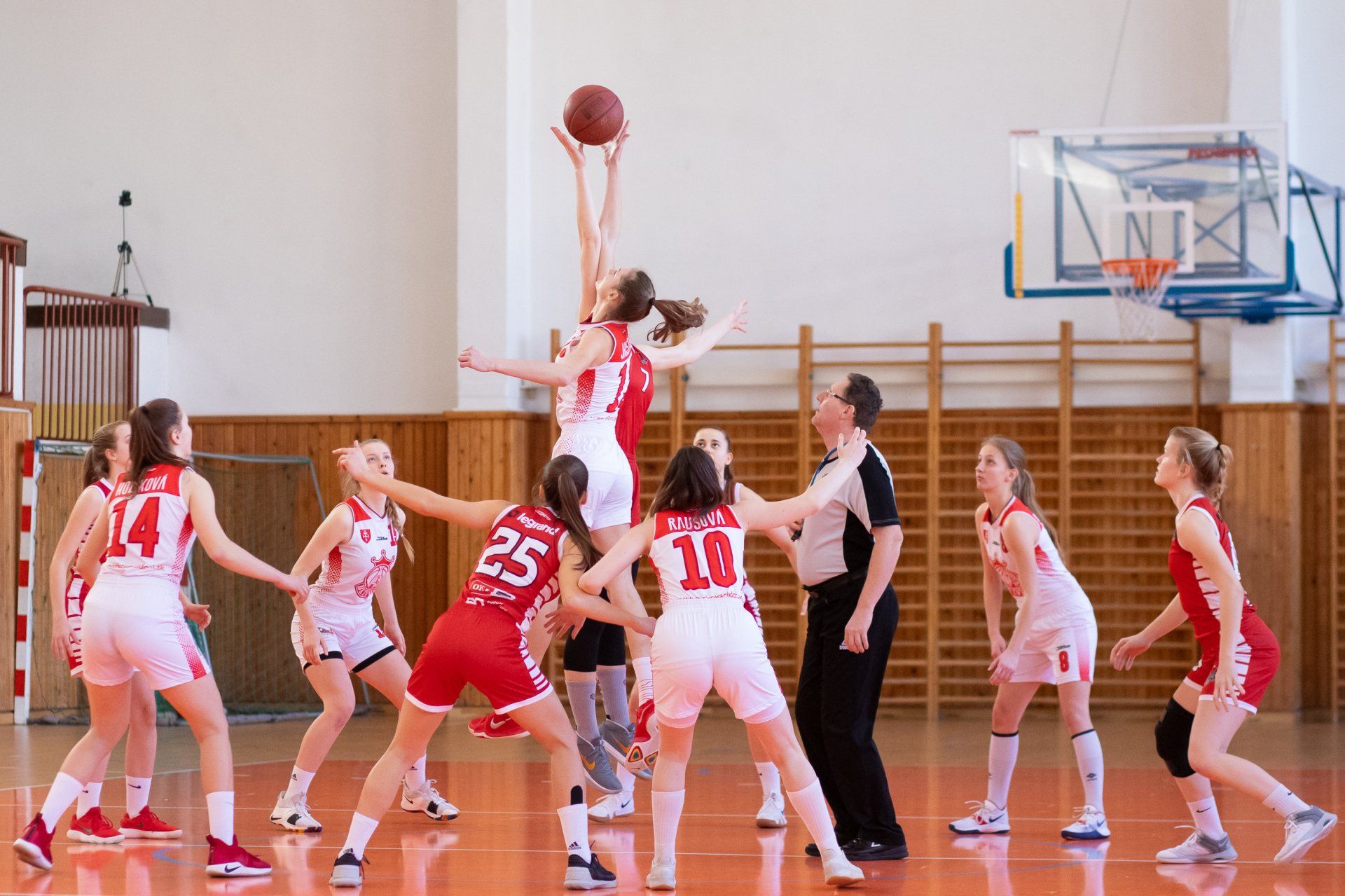Why Parent Coaches are Valuable—but Need Proper Training
Parent coaches are the backbone of many youth sports programs. Their passion and dedication to their children are undeniable, and they often volunteer with the best intentions. But being well-meaning isn’t always enough. To truly help young athletes reach their full potential, parent coaches must seek out training and resources to coach effectively.

Parent coaches are the backbone of many youth sports programs. Their passion and dedication to their children are undeniable, and they often volunteer with the best intentions. But being well-meaning isn’t always enough. To truly help young athletes reach their full potential, parent coaches must seek out training and resources to coach effectively.
Why Parent Coaches Are Important:
- Dedication: Parent coaches often bring unmatched energy and commitment to the teams they coach. They show up, invest time, and genuinely want to see the kids succeed.
- Relatability: As parents, they often have a unique connection with the kids, understanding their emotions and challenges.
- Role Models: Kids look up to their parents, and when parents coach, it can strengthen the bond between family and sports.
The Gaps Parent Coaches Face:
- Lack of Formal Training: Many parent coaches haven't received formal coaching education, which can lead to gaps in teaching techniques, strategy, and player development.
- Limited Experience: While many parents played sports in their youth, coaching demands a different skill set—understanding how to teach, motivate, and manage young athletes, each with unique needs.
- Unintentional Bad Habits: Without proper training, well-meaning parents may teach improper techniques or fail to focus on the critical fundamentals of the game, which can hinder player growth in the long run.
Why Training is Essential:
- Player Development: Youth athletes need guidance from coaches who understand how to teach the game correctly. Proper training helps parent coaches equip players with essential skills, keeping them motivated.
- Building Confidence: When coaches are well-prepared, they bring confidence to practices and games. Players sense this, and it positively affects their development and trust in the process.
- Setting the Right Example: By seeking training, parent coaches model the importance of lifelong learning and growth—teaching their athletes that being a great coach, like being a great player, requires a commitment to learning.
How to Get Started:
- Seek Out Coaching Clinics: Many local organizations offer coaching clinics where parent coaches can learn the basics of the sport, coaching methods.
- Use Online Resources: There are countless resources available online for parents who want to learn the fundamentals of coaching, from strategy to communication.
- Mentor with Experienced Coaches: Learning from more experienced coaches can be a great way to improve. Shadowing them at practices or games can give parent coaches insights into what works.
Conclusion:
Parent coaches are a critical part of youth sports, but to be their best, they need the proper training and support. By taking the time to invest in their development, they not only help the players improve but also set an example for their kids—showing that even the coach can always learn more.
How Can EYG Help?
We will be leading a coaching class in the near future. Reach out if you have questions: galen@eygbball.com
